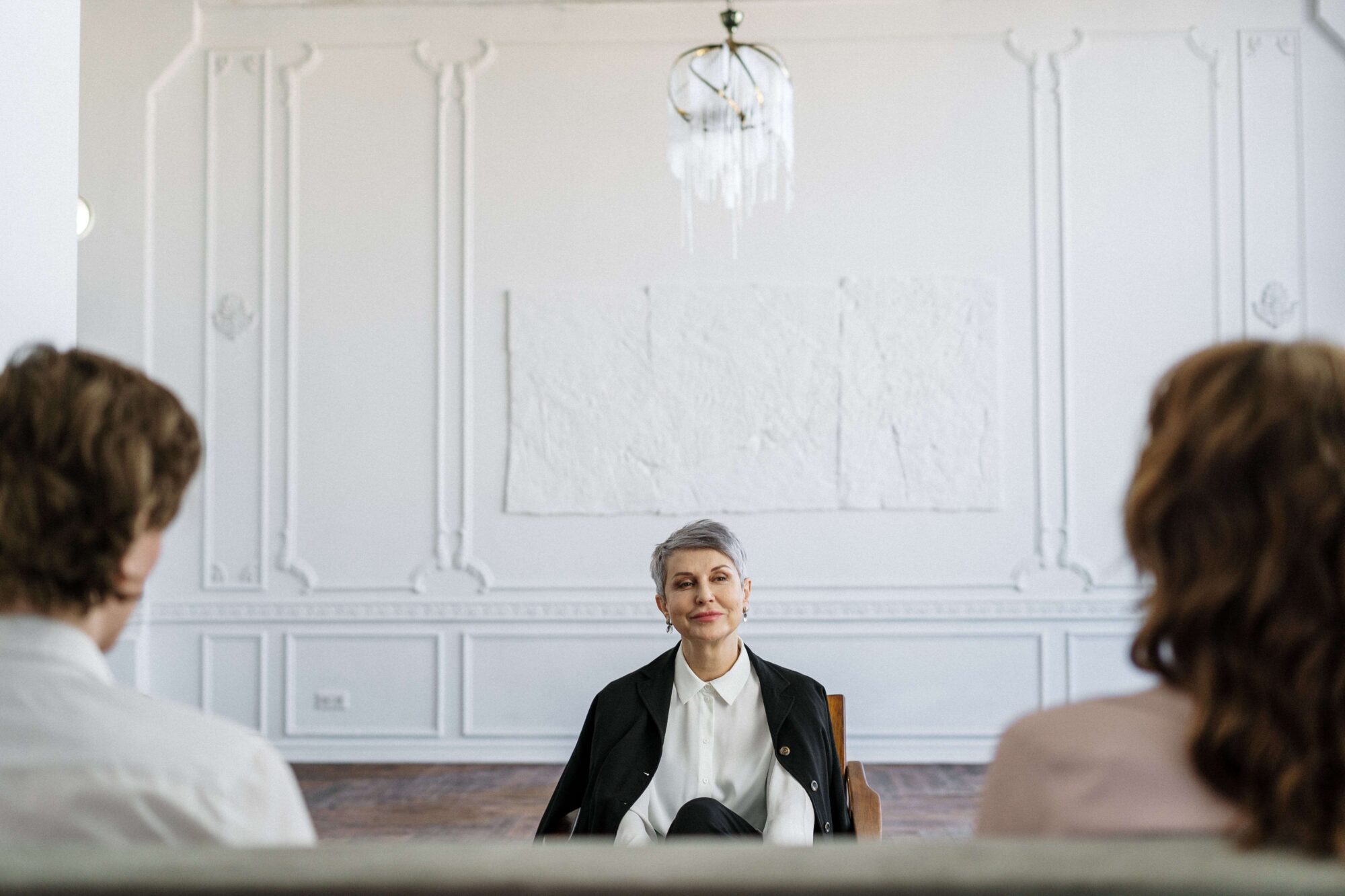Labour Party Employment Law The Labour Party published its manifesto on 13 June 2024 and…
If Adults Can’t Get On, It’s Children That Suffer – Court of Appeal Ruling
PLEASE NOTE: Information in this article is correct at the time of publication, please contact DFA Law for current advice on older articles.
Dysfunctional relationships between adults cause emotional harm to children and family judges sadly often have to pick up the pieces. In one case, the relationship between a mother and a maternal grandmother was so toxic that the mother’s teenage daughter had to be placed in foster care against her own wishes.
The girl had been placed with her grandparents under a special guardianship order when she was three months old on the basis that her parents could not look after her due to their serious drug problems and chaotic lifestyle. However, a judge later found that the grandmother had sought to influence her against her mother. The girl had suffered significant emotional harm due to the intractable conflict between the two women.
The girl was then placed in her mother’s care, but that position was gradually eroded until she was again living with her grandparents. The police became involved as the emotional dispute between the mother and grandmother spilled over into physical struggles. The girl by then had a younger brother and both children were placed in foster care.
The girl was in her teens when she expressed a clear wish not to remain in foster care and to return to her grandparents home. However, in making full care orders in respect of both children, a judge found that, were her wish granted, she would certainly be exposed to further emotional harm. Although the mother had freed herself from drugs, she remained incapable of meeting the childrens’ physical, emotional and educational needs.
The mother and the grandmother separately sought permission to appeal against the care orders. In dismissing both applications, however, the Court of Appeal found that their arguments had no real prospect of success. The women had placed the girl at the epicentre of their harmful conflict and, in a carefully balanced decision, the judge had been entitled to find that the girl’s best interests lay in overriding her own wishes and feelings.




